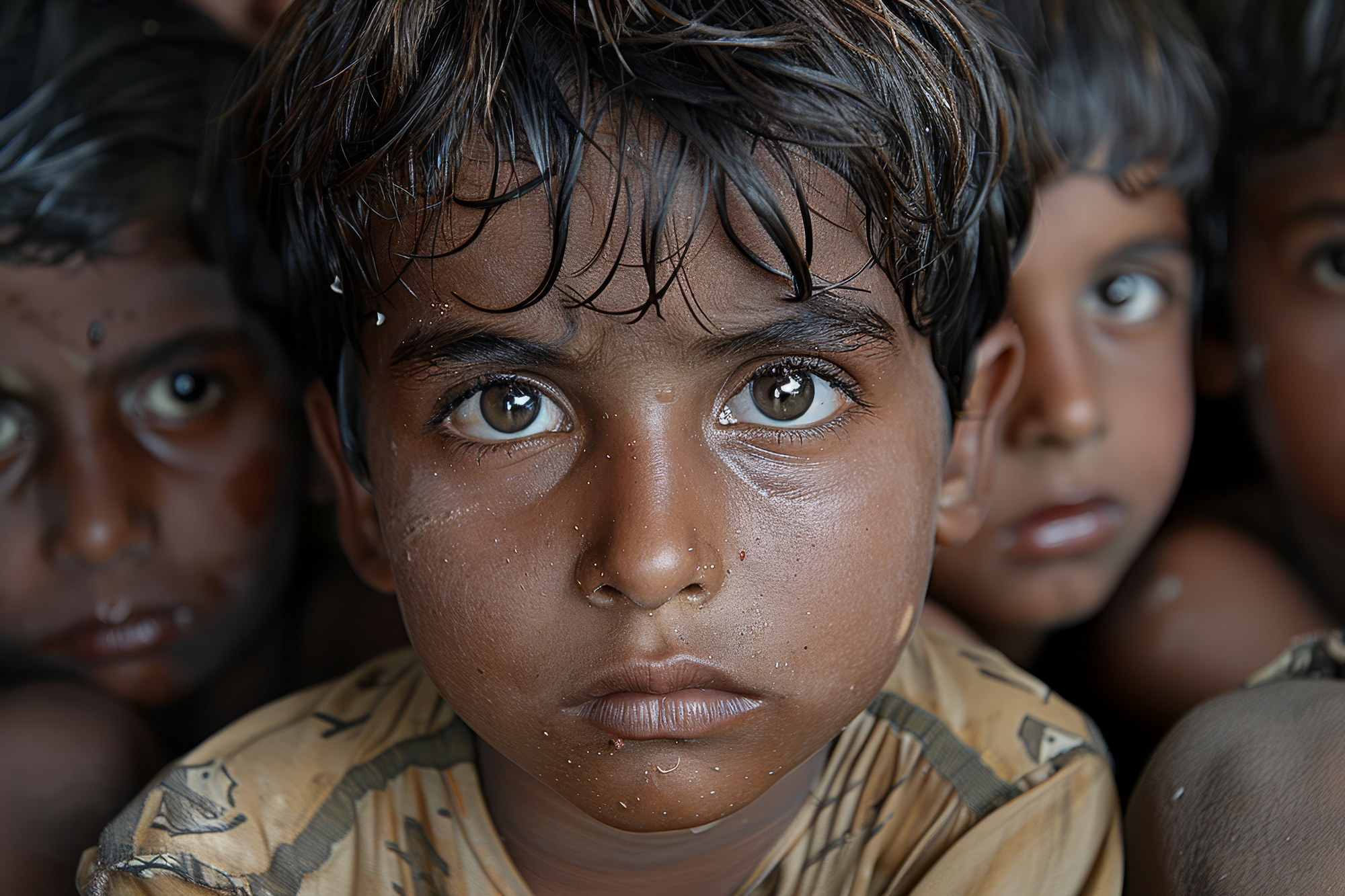In a world where education is often seen as the key to unlocking opportunities and breaking the cycle of poverty, millions of children face barriers that prevent them from accessing quality learning experiences. These barriers, whether due to poverty, conflict, or lack of resources, create a global education crisis that disproportionately affects underprivileged children.
However, amidst this crisis, a growing movement of organisations and individuals is working tirelessly to bridge the gap and provide educational opportunities to those who need it most. This article explores the importance of education beyond borders and highlights the efforts being made to ensure that every child, regardless of their circumstances, has the chance to learn, grow, and thrive.
The importance of education
Education is a fundamental human right and key to social and economic progress. Yet, millions of children around the world, particularly those from underprivileged backgrounds, lack access to quality education. This disparity not only perpetuates the cycle of poverty but also deprives society of these children’s immense potential. To address this pressing issue, we must think beyond traditional boundaries and explore innovative solutions that can bridge the education gap for underprivileged children.
Education is crucial for underprivileged children because it provides them with the knowledge, skills, and opportunities they need to improve their lives and contribute to their communities. Studies have shown that children who receive a quality education are more likely to have higher incomes, better health outcomes, and greater social mobility later in life. Moreover, education can help underprivileged children develop critical thinking skills, problem-solving abilities, and emotional intelligence, essential for navigating life’s complexities.
Furthermore, education can empower underprivileged children to actively participate in their communities and advocate for their rights and interests. By providing them with the tools and resources they need to succeed, we can help them break the cycle of poverty and create a brighter future for themselves and their families.
Innovative Approaches to Bridging the Education Gap
To address the education gap for underprivileged children, we need to think outside the box and explore innovative approaches that can overcome traditional barriers. One such approach is the use of technology in education, which can provide access to high-quality learning resources and personalised instruction to children in remote or underserved areas.
For example, organisations like Teach for All and Pratham are using digital platforms to deliver interactive, engaging lessons to children in low-income communities. These platforms can be accessed through smartphones or tablets, making them more accessible and affordable than traditional classroom-based instruction. Additionally, technology can help bridge the gap between urban and rural areas, ensuring that children in remote regions have access to the same educational opportunities as those in urban centres.
Another innovative approach is the use of community-based learning models, which leverage the resources and expertise of local communities to support the education of underprivileged children. These models often involve partnerships between schools, families, and community organisations to provide holistic support that addresses children‘s academic, social, and emotional needs.
The Role of Governments and Policymakers
While innovative approaches can help bridge the education gap, they cannot succeed without the support of governments and policymakers. Governments have a crucial role to play in ensuring that all children have access to quality education, regardless of their socioeconomic background. This includes investing in public education systems, providing resources and support to underprivileged schools and communities, and implementing policies that promote equity and inclusion in education.
Governments can also work with private sector partners and civil society organisations to develop and scale up innovative education initiatives that target the needs of underprivileged children. Moreover, governments can play a key role in addressing the systemic barriers that prevent underprivileged children from accessing education. For example, they can work to address issues such as poverty, lack of access to healthcare, and social and cultural norms that prioritise other activities over schooling. By addressing these underlying issues, governments can help create a more equitable and inclusive education system that empowers underprivileged children to succeed.
Joining Hands for a Brighter Future
Education is a powerful tool that has the potential to transform lives and uplift entire communities. Individuals and businesses can play a crucial role in bridging the educational gap for underprivileged children by supporting organisations like YUVA Mauritius. Whether through donations, volunteering, or advocacy, everyone has a part to play in ensuring that every child has the opportunity to receive a quality education and realise their full potential. One way in which individuals can support YUVA Mauritius is through financial contributions.
The organisation relies on donations from individuals, businesses, and philanthropic organisations to fund its various programmes and initiatives. By donating to YUVA Mauritius, individuals can directly impact the lives of underprivileged children and help them access the education they deserve. Another way to support YUVA Mauritius is through volunteering. The organisation volunteers from all walks of life, whether educators, mentors, or simply individuals passionate about making a difference. Volunteers can contribute their time and skills to YUVA Mauritius’s various programmes, such as tutoring, mentorship, or extracurricular activities.
While the global education crisis is daunting, the efforts of organisations and individuals around the world are making a real difference in the lives of underprivileged children. By breaking down barriers, providing resources, and empowering local communities, these efforts are helping to create a more just and equitable world where every child has access to quality education. As global citizens, we all have a role to play in supporting these efforts and ensuring that education truly knows no borders.
By Mufamadi Sharon, Communications Officer at YUVA, dedicated to creating impactful and engaging content that raises awareness and inspires positive change.




Leave a Comment